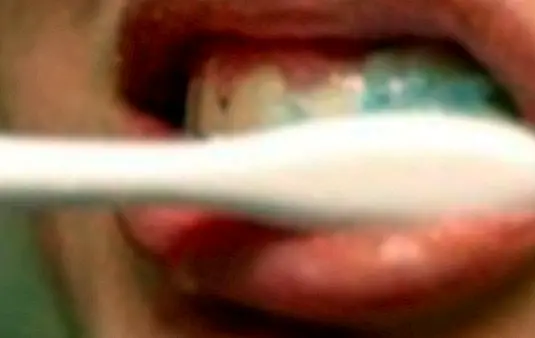Premenstrual syndrome
Month after month, the symptoms associated with a woman's menstrual cycle tend to recur month after month. In most cases, these related symptoms even interfere with some aspect of a woman's life, being able to become not only physical but also emotional.
However, not all women have the same type of alteration. Not in vain, the same woman may not repeat the same symptoms every time.

What is premenstrual syndrome?
Once known by the name of premenstrual tension, premenstrual syndrome (in its acronym SPM), are the different physical and emotional changes that occur before menstruation, and that disappear with it.
They are a group of variable symptoms, which tend to occur before menstruation. It is estimated that around 40% of women suffer it every month, although other statistics indicate that it affects between 30% to 80% of women of childbearing age. Of these, 10% have acute symptoms.
What are your causes?
Although the cause or the exact causes that tend to cause the appearance of Premenstrual Syndrome are still unknown, the main medical theory puts the protagonism in the hormonal changes, the stress (for example, in the case of emotionally charged women) that the woman can feel and also the nutrition I continue every day.
On the one hand, we can mention the imbalance of estrogen-progesterone, which causes greater retention of fluids and sodium, generalized edema and weight gain.
Symptoms of Premenstrual Syndrome
We can divide the symptoms into two sections: physical symptoms and emotional or psychic symptoms. Fundamentally they are the following:
- Physical symptomsOvarian pain, discomfort in the breasts, cramps, bloating, constipation or diarrhea and headache.
- Emotional or psychic symptoms: irritability, feeling of lethargy, hostility, depression and / or confusion.
How is it diagnosed?
When only one of these symptoms occurs during a minimum of 2 months of follow-up, the presence of PMS is diagnosed.
However, for the diagnosis of Premenstrual Dysphoric Disorder (in this case the emotional symptoms are more serious: severe depression symptoms appear, besides irritability and tension) it is necessary the presence of at least 5 of them during the same period of time.
Is there a medical treatment?
While it is true that there is no specific medical treatment available, the medications currently used help control the symptoms suffered by women.

On the other hand, they are advised to follow the following health habits:
- Follow a healthy lifestyle, based on the practice of physical exercise and a healthy and balanced diet. In food, especially fresh fruits and vegetables stand out.
- Sleep more than 7 hours a day, resting in the most comfortable way possible.
- Chamomile infusions help to calm the symptoms, due to their emollient and analgesic effects.
- Reduces the consumption of caffeine and alcohol, in addition to health.
- Avoid eating sugar.
- Practice relaxation regularly and meditate. It will help you avoid stress, which tends to worsen PMS.
Image | Helga Weber / Dana This article is published for informational purposes only. It can not and should not replace the consultation with a Physician. We advise you to consult your Trusted Doctor.



